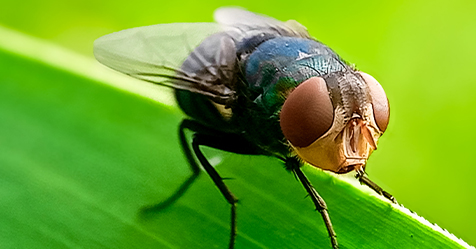WHO Adopts Global Pandemic Agreement
WHO Pandemic Agreement establishes the tools for better international coordination to strengthen pandemic prevention
The World Health Organization (WHO) on Tuesday formally adopted the world’s first Pandemic Agreement. The decision by the 78th World Health Assembly culminates more than three years of negotiations launched globally by governments in response to the devastating impacts of the COVID-19 pandemic and driven by the goal of making the world safer from—and more equitable in response to—future pandemics.
The WHO Pandemic Agreement sets out the principles, approaches, and tools for better international coordination across a range of areas to strengthen the global health architecture for pandemic prevention, preparedness, and response. The agreement will reach its goals through the equitable and timely access to vaccines, therapeutics, and diagnostics.
“The world is safer today thanks to the leadership, collaboration and commitment of our member states to adopt the historic WHO Pandemic Agreement,” said Dr. Tedros Adhanom Ghebreyesus, WHO director-general. “The agreement is a victory for public health, science, and multilateral action. It will ensure we, collectively, can better protect the world from future pandemic threats. It is also a recognition by the international community that our citizens, societies, and economies must not be left vulnerable to again suffer losses like those endured during COVID-19.”
Regarding national sovereignty, the agreement states that: “Nothing in the WHO Pandemic Agreement shall be interpreted as providing the secretariat of the World Health Organization, including the director-general of the World Health Organization, any authority to direct, order, alter, or otherwise prescribe the national and/or domestic law, as appropriate, or policies of any Party, or to mandate or otherwise impose any requirements that Parties take specific actions, such as ban or accept travelers, impose vaccination mandates or therapeutic or diagnostic measures, or implement lockdowns.”
“Starting during the height of the COVID-19 pandemic, governments from all corners of the world acted with great purpose, dedication, and urgency, and in doing so, exercising their national sovereignty to negotiate the historic WHO Pandemic Agreement that has been adopted today,” said Dr. Teodoro Herbosa, secretary of the Philippines Department of Health, and president of this year’s World Health Assembly, who presided over the agreement’s adoption. “Now that the agreement has been brought to life, we must all act with the same urgency to implement its critical elements, including systems to ensure equitable access to life-saving pandemic-related health products. As COVID was a once-in-a-lifetime emergency, the WHO Pandemic Agreement offers a once-in-a-lifetime opportunity to build on lessons learned from that crisis and ensure people worldwide are better protected if a future pandemic emerges.”


